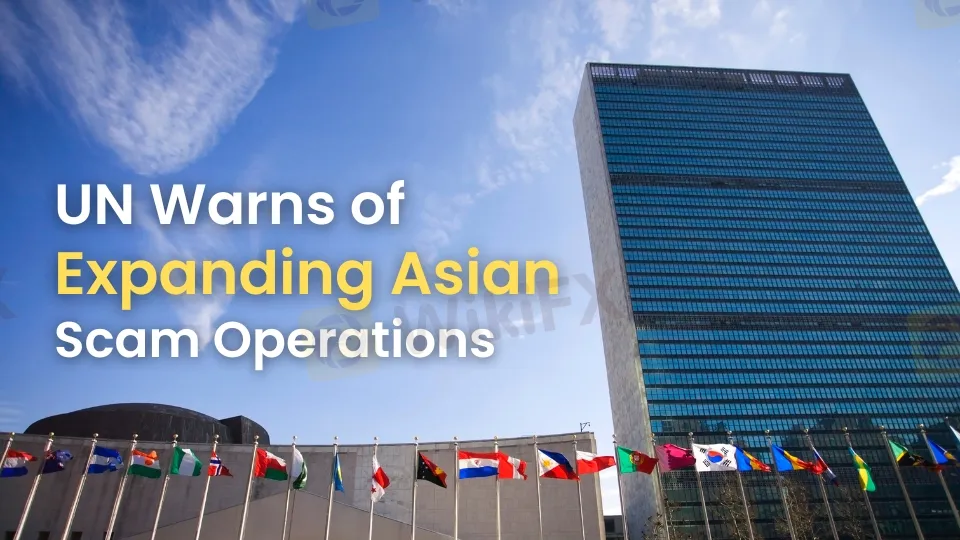Abstract:UN report reveals Asian scam operations expanding globally, targeting Africa, Latin America with cyberfraud, generating billions amid crackdowns.

A new report from the United Nations shows that crime groups from East and Southeast Asia are spreading fast around the world. These groups run big scam centers and are moving to new places because police are cracking down harder in their home areas. The report came out on Monday from the UN Office on Drugs and Crime (UNODC). It explains how these Asian scam businesses are changing and growing, even with more efforts to stop them.
In the past, these scam centers stayed near borders in countries like Cambodia, Laos, Myanmar, and the Philippines. They often moved around to avoid getting caught. These places trick people all over the world, taking billions of dollars with fake love stories, pretend investments and illegal betting sites. The UNODC says these huge Asian scam groups make about $40 billion every year, showing how much money they affect.
The report, called “Inflection Point: Global Implications of Scam Centers, Underground Banking and Illicit Online Marketplaces in Southeast Asia,” points out a big change. As police get tougher in Southeast Asia, these crime groups are set up in areas with less control, like Africa, Latin America, the Middle East, South Asia, and the Pacific islands. “This shows theyre growing and finding new spots to work, but also protecting themselves if trouble keeps growing in Southeast Asia,” said Benedikt Hofmann, a UNODC leader for Southeast Asia and the Pacific.

In Africa, places like Nigeria are becoming main targets. In late 2024 and early 2025, police caught people from East and Southeast Asia tied to money scams and fake romance tricks. Zambia and Angola also broke up Asian-run online fraud groups. In Latin America, Brazil is dealing with more online fraud, betting, and money-washing linked to Southeast Asian criminals. In Peru, in late 2023, over 40 Malaysians were saved from a Taiwan group called Red Dragon, which made them commit online fraud after bringing them there.
The Middle East and some Pacific islands have also seen action against these Asian scam groups. The report says these criminals are now working with other crime groups from different places, making the problem bigger. They use tools like artificial intelligence, fake videos, harmful software, and stolen information to grow what the UNODC calls “crime as a service.” These things help them do bad activities online and adjust quickly when police try to stop them.
Money-washing, human trafficking, and hiring networks for these scams have popped up in Europe, North America, and South America, proving this is a worldwide issue. Hofmann stressed how serious this is: “The way these groups are speeding up, getting better, and moving to new areas means the problem is stronger now. Governments need to be ready to fight back.”
These Asian scam groups keep going because they find places with weak rules and use the latest technology. As they reach new markets, their tricks get smarter, making it hard for countries to work together and set rules. The UNODC report is a loud call for help, pushing governments everywhere to build stronger walls against this growing danger.
With billions of dollars involved and victims on every continent, the worldwide growth of Asian scam groups is a key turning point. As of April 25, 2025, stopping these criminals needs fast, teamwork efforts to break their systems and block their tech advantages.











